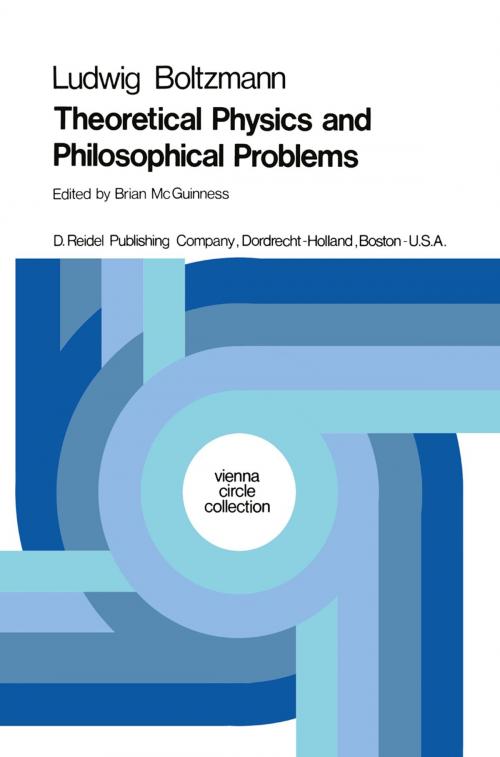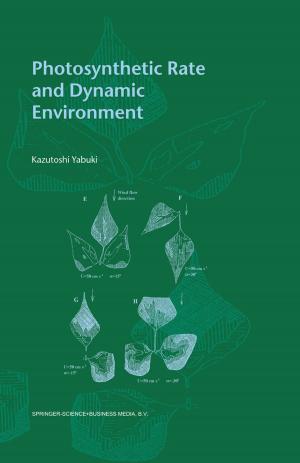Theoretical Physics and Philosophical Problems
Selected Writings
Nonfiction, Science & Nature, Science, Other Sciences, Philosophy & Social Aspects, History| Author: | Ludwig Boltzmann | ISBN: | 9789401020916 |
| Publisher: | Springer Netherlands | Publication: | December 6, 2012 |
| Imprint: | Springer | Language: | English |
| Author: | Ludwig Boltzmann |
| ISBN: | 9789401020916 |
| Publisher: | Springer Netherlands |
| Publication: | December 6, 2012 |
| Imprint: | Springer |
| Language: | English |
l. The work of Ludwig Boltzmann (1844-1906) consists of two kinds of writings: in the first part of his active life he devoted himself entirely to problems of physics, while in the second part he tried to find a philosoph 1 ical background for his activities in and around the natural sciences. Most scientists are much more aware of his creative work in physics than of his digressions on the meaning and structure of science. I think in the present case the reason is not so much that most scientists are usually almost entirely occupied with their trade, because Boltzmann's philosophical work is also concerned with the (natural) sciences. I rather believe that the quality and consistency of Boltzmann's purely scientific work is of a more appealing nature than his less structured considerations on human activity in science and in life in general. 2. I think that it may be appropriate for the readers of this anthology to say a few words on the main findings of Boltzmann in physics, since in the end their 'philosophical' inlpact has been larger than the effect of his later writings. Moreover some knowledge of his scientific achievements can be helpful for the understanding and appreciation of the essays printed in this book, which almost all stem from Boltzmann's philosophical period. Boltzmann was one of the main protagonists - at least in continental Europe - of atomistics for explaining the phenomena of physics.
l. The work of Ludwig Boltzmann (1844-1906) consists of two kinds of writings: in the first part of his active life he devoted himself entirely to problems of physics, while in the second part he tried to find a philosoph 1 ical background for his activities in and around the natural sciences. Most scientists are much more aware of his creative work in physics than of his digressions on the meaning and structure of science. I think in the present case the reason is not so much that most scientists are usually almost entirely occupied with their trade, because Boltzmann's philosophical work is also concerned with the (natural) sciences. I rather believe that the quality and consistency of Boltzmann's purely scientific work is of a more appealing nature than his less structured considerations on human activity in science and in life in general. 2. I think that it may be appropriate for the readers of this anthology to say a few words on the main findings of Boltzmann in physics, since in the end their 'philosophical' inlpact has been larger than the effect of his later writings. Moreover some knowledge of his scientific achievements can be helpful for the understanding and appreciation of the essays printed in this book, which almost all stem from Boltzmann's philosophical period. Boltzmann was one of the main protagonists - at least in continental Europe - of atomistics for explaining the phenomena of physics.















